Invited speakers
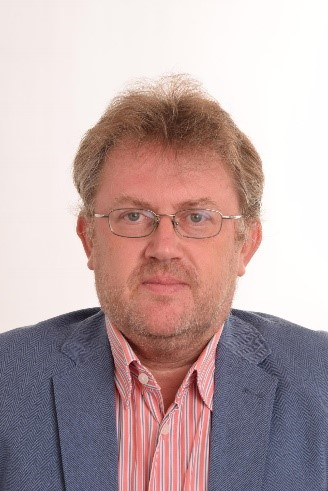
Bernard De Baets
Putting order into the ordering of random variables
Abstract: Decision making inevitably involves the comparison and ordering of real variables. In the presence of uncertainty, this entails the comparison of real-valued random variables. We briefly review three approaches to such comparison:
- Stochastic dominance: an approach based on a pointwise comparison of cumulative distribution functions;
- Statistical preference: an approach based on a pairwise comparison in terms of winning probabilities;
- Probabilistic preference: an approach based on multivariate winning probabilities.
Bernard De Baets (BDB) is a senior full professor in applied mathematics at Ghent University, Belgium.
As a trained mathematician, computer scientist and knowledge engineer, he has developed a passion for interdisciplinary research. He is leading the research unit KERMIT and acts as head of the Department of Data Analysis and Mathematical Modelling. At present, over 50 researchers are involved in the activities of KERMIT. Over the past 22 years, 87 PhD students have graduated under his (co-)supervision.
BDB is an Honorary Professor of Budapest Tech (Hungary), a Doctor Honoris Causa of the University of Turku (Finland), a Profesor Invitado of the Universidad Central “Marta Abreu” de las Villas (Cuba) and a Professor Extraordinarius of the University of South Africa. In 2011, he was elected Fellow of IFSA (International Fuzzy Systems Association) and, in 2012, he was a nominee for the Ghent University Prometheus Award for Research. In 2019, he received the EUSFLAT Scientific Excellence Award and in 2021 he was declared Honorary Member of the EUSFLAT Society.
BDB is a prolific writer, with a bibliography comprising over 600 peer-reviewed journal papers, accumulating over 26000 Google Scholar citations (h-index 81). Several of his works have been bestowed upon with a best paper award. Bernard actively serves the research community, in particular as co-editor-in-chief of Fuzzy Sets and Systems and as a member of the editorial board of several other journals.
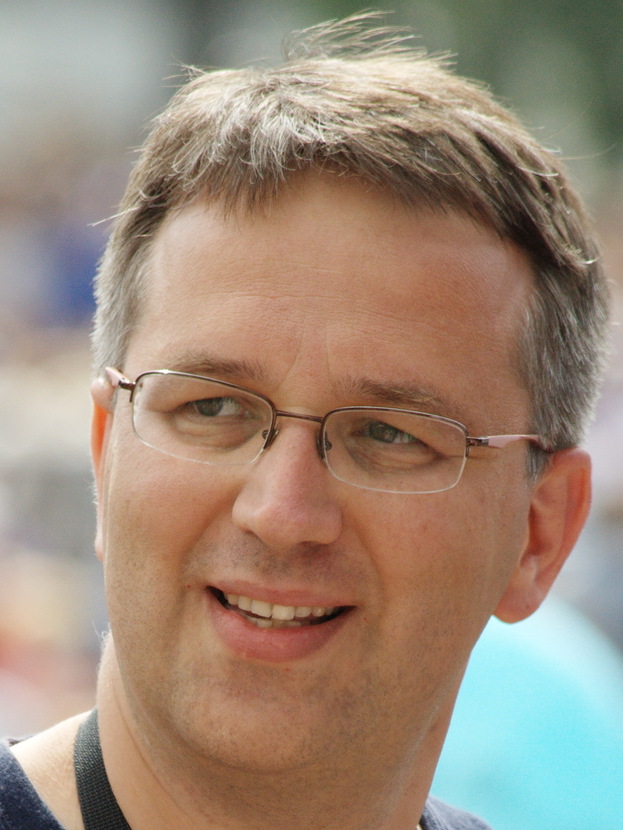
Tarmo Uustalu
Monad-comonad interaction laws
Abstract: This talk is not on formal concept analysis, but on a different new application of Chu sṕaces to computer science, specifically to programming language semantics.
It is standard in this domain to use monads to model notions of computation that involve effects such as computation with input/output, manipulation of store, nondeterminism. An effectful computation cannot return a value on its own: it issues requests to the outside world and needs these responded to make progress. To run, it needs ot be paired with an environment that can service these requests. Such notions of environment are modelled with comonads. Protocols of communication between computations and environments admit mathematization by what we call monad-comonad interaction laws. Those are monoid objects in some category of Chu spaces.
I will introduce and explain some basics about monad-comonad interaction laws.
Tarmo Uustalu is a full professor at the Dept. of Computer Science of Reykjavik University (Iceland) and has also part-time duty at the Dept. of Software Science of the Tallinn University of Technology (Estonia).
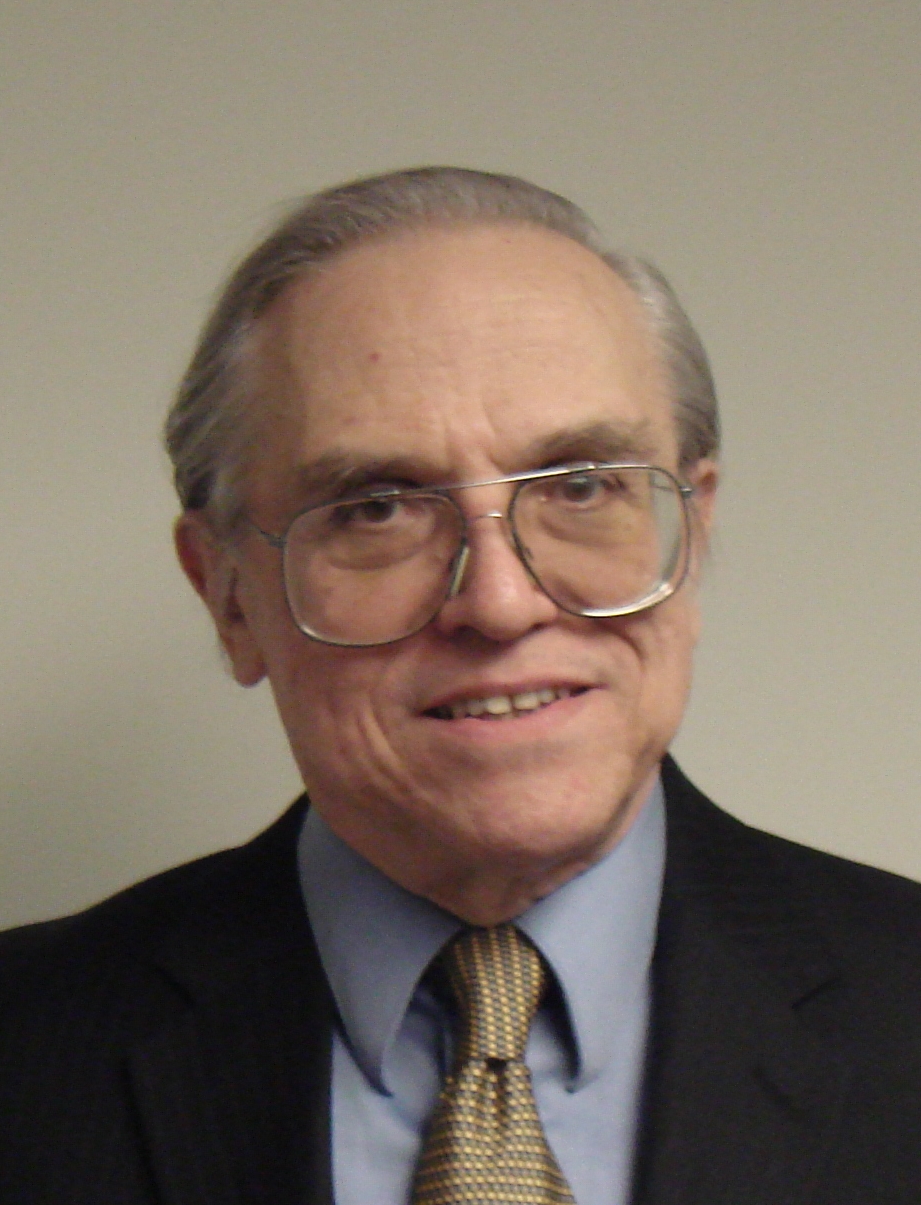
John F. Sowa
Automated and semi-automated tools for interoperable systems
Abstract: In 2000, Tim Berners-Lee proposed a vision for the Semantic Web that was more ambitious than the tools delivered in 2005. Since then. better technology has been developed for artificial intelligence, natural language processing, and automated reasoning. But the complexity of the new tools is beyond the expertise of most programmers. Fortunately, the technology can also support automated and semi-automated methods that can simplify the interface for both programmers and end users. This talk surveys technology that can enable anybody at any level of expertise to use, control, and interact with computer systems.
John F. Sowa is from Kyndi, Inc., San Mateo, CA, USA.
John F. Sowa spent thirty years working on research and development projects at IBM. After taking early retirement from IBM, he participated in three start-up ventures: a cofounder of VivoMind Research LLC, a fellow of Kyndi Inc, and currently chief ontologist of GraphStax LLC. On the basis of his research and publications, he was elected a fellow of the Association for the Advancement of Artificial Intelligence (AAAI). He has a BS in mathematics from MIT, an MA in applied mathematics from Harvard, and a PhD in computer science from the Vrije Universiteit Brussel. He taught courses at the IBM Systems Research Institute, universities (Binghamton, Polytechnic, and Stanford), and summer institutes (Linguistic Society of America and UQAM Cognitive Science). The language of conceptual graphs, which he designed, has been adopted as one of the three principal dialects of the ISO/IEC standard 24707 for Common Logic.
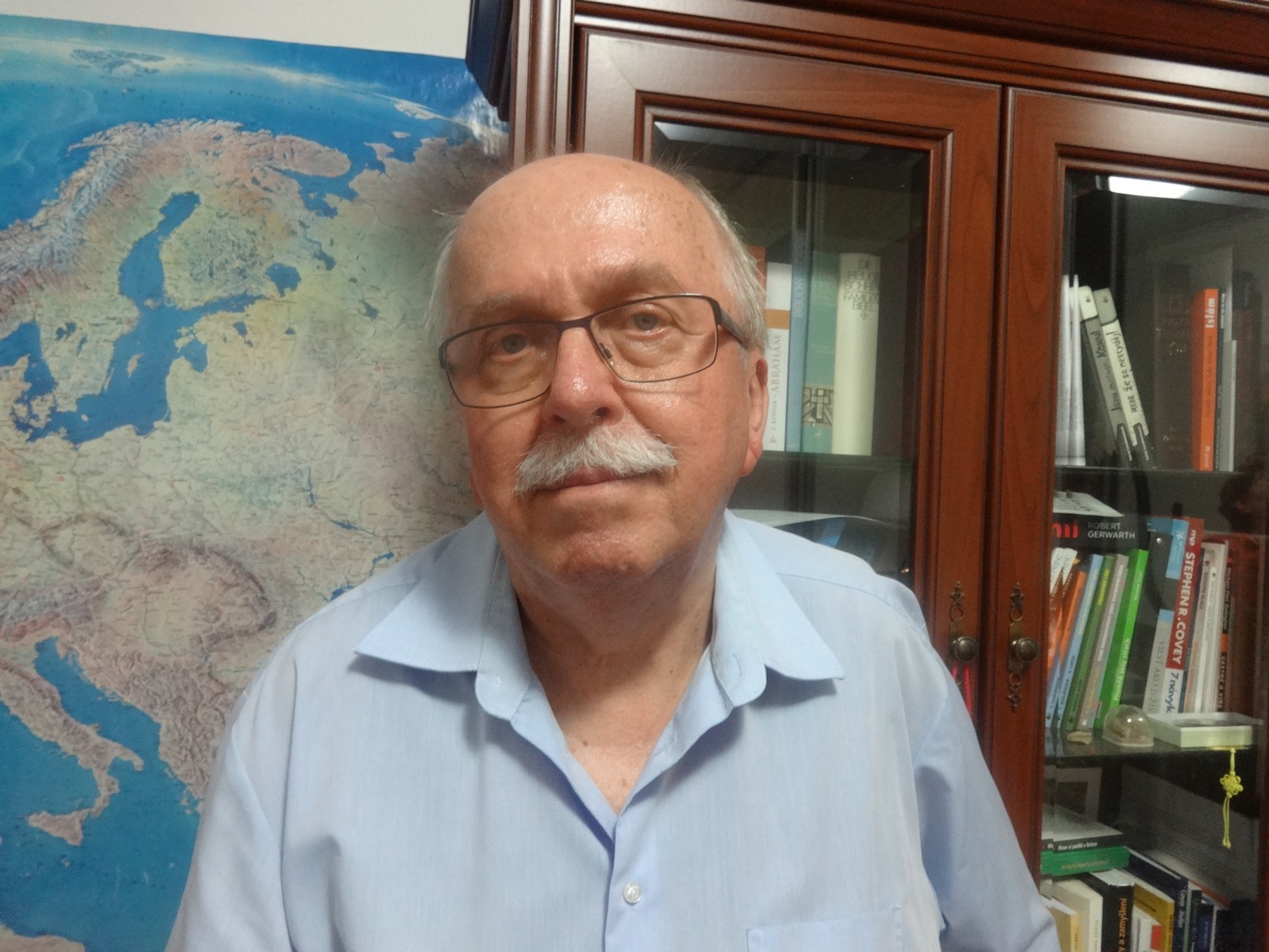
Peter Vojtáš
Galois-Tukey connections in experiments
Abstract: We are motivated by the development from Galois-Tukey connections in set-theory via Question-Answer category in complexity to Challenge-Response reductions of real situations to models. We describe several experiments (use-case, data, prototype, metrics, evaluation, comparison) in computer science ranging from recommender systems to web semantization. We see this as learning of concepts of e.g., user preferred objects or automated tagging.
Peter Vojtáš is from Charles University, Prague, Czech Republic.
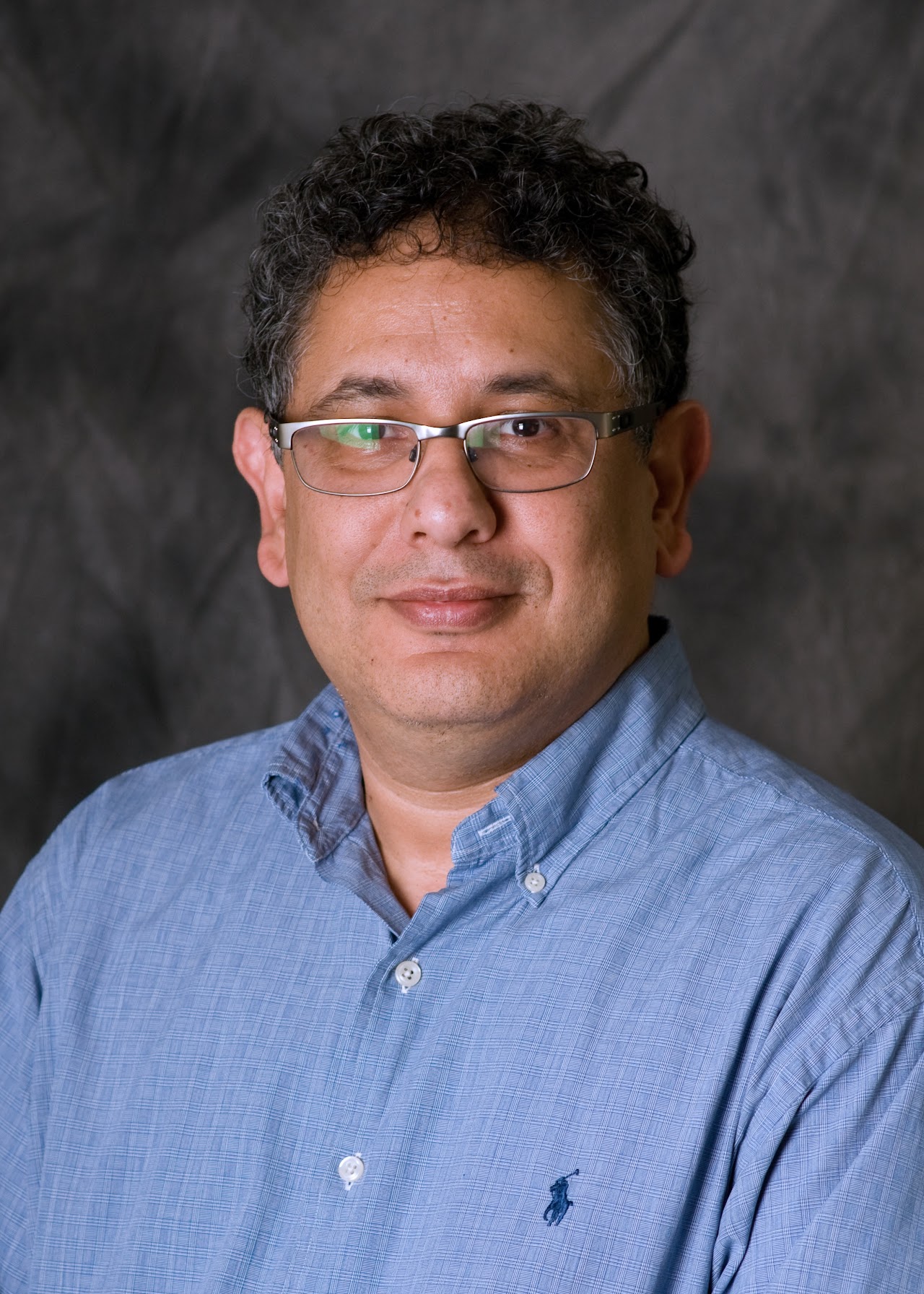
Boualem Benatallah
AI Service Augmentation: Challenges and Directions
Abstract: AI enabled augmentation promises to transform services through data-driven automation and insights. The entire service economy is rapidly shifting to AI enabled augmentation, embracing deep changes that are required for increased productivity and effectiveness. Nonetheless, despite the early adoption, AI augmented service technologies are still only in their preliminary stages of development, with several unsolved challenges stemming from lack of computational abstractions and models to reason about ambiguity and uncertainty that are inherent in data-driven processes. We will revisit abstractions, concepts, and techniques in data-driven service models and middleware. A key challenge also lies the synergy between human and machine, crowd and AI – augmentation will seek to achieve bridging the gap between disparate systems and processes, and between human and machine We will discuss synergies between intent-based composition, composition synthesis, robotic process automation and other technologies as step forward to scale AI augmented services enablement. We will discuss quality control in training data and AI augmented services.
Prof. Boualem Benatallah is a full professor of computing at Dublin City University (DCU, Ireland) since Jan 2022.
Professor Benatallah has had over 21 years as a research leader and academic, at UNSW Sydney (Australia). His main research interests are developing fundamental concepts and techniques in Web service composition, services engineering, crowd sourcing services, data curation, cognitive services, and business processes management. He has published more than 300 refereed papers including more than 90 journal papers. Most of his papers appeared in very selective and reputable conferences and journals. Boualem has been general and PC chair of a number of international conferences. He has been guest editor of several special issues for reputable international journals. He is a member of the steering committee of BPM and ICSOC conferences. He is member of the editorial board of numerous international journals including ACM Transactions on Web and IEEE transactions on services computing. He held visiting professor positions at several prestigious research institutes and universities. He was a member of the team (comprising multiple university, government, and industry partners) that constructed the successful bid for the Smart Services CRC (cooperative Research Centre). He was research leader of the data curation foundry research stream at the Data to Decisions CRC. He is fellow of the IEEE He is member of Executive Committee of IEEE Computer Society's Technical Committee on Business Informatics and Systems.
 CLA-2022 is co-organised by TalTech Industrial project.
The project has received funding from the European Union’s Horizon 2020 research and innovation programme
under grant agreement No 952410.
CLA-2022 is co-organised by TalTech Industrial project.
The project has received funding from the European Union’s Horizon 2020 research and innovation programme
under grant agreement No 952410.